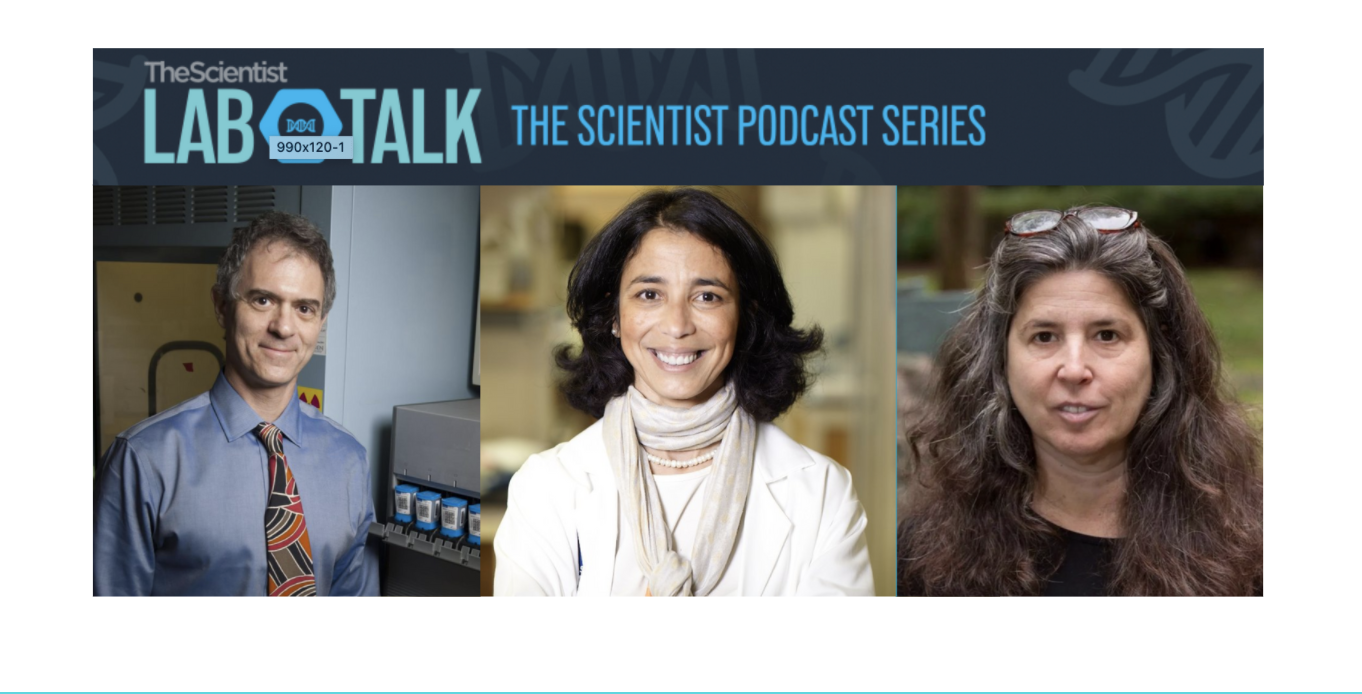Regenerative Biology of the Female Reproductive Tract
By Gillian Dohrn
In the 1920s, a Hungarian doctor claimed that menstruating women release a toxin that wilts flowers. The idea became popular and persisted in some scientific circles for decades. The myth of the “menotoxin” has since been dispelled, but such taboos and stigma often color the study of female biology and reproductive health, even to this day. That is, if it is studied at all. A mix of social, political, and cultural factors has deterred researchers and diverted funds from this area for far too long, and women’s health has suffered because of it.
According to a recent article in WIRED, women experience ill health for 25% more of their lives than men. This health gap results from a deficit in research and funding to examine conditions impacting females. The field has retained an air of mystery for decades, not because it is impossible to understand but because it wasn’t being studied like other systems. This deficit applies across healthy and disease processes, from menstruation to menopause, endometriosis, polycystic ovarian syndrome, reproductive cancers, and more, impacting our ability to diagnose and appropriately treat these maladies. Treatment options, which are often limited at best, are not likely to improve until researchers grasp the underlying female reproductive biology.
To address this oversight, Keystone Symposia will convene a meeting on the Regenerative Biology of the Female Reproductive System from April 10-12, 2025, in Beverly, Mass. It will cover mechanisms of regeneration, fertility, gynecologic conditions, reproductive tract cancers, and more, capturing the breadth of this expanding field while acknowledging that much of this work is long overdue.
“To our knowledge, this is the first meeting devoted exclusively to the biology of the female reproductive system,” says meeting organizer Kara McKinley, who studies reproductive health and regenerative medicine at Harvard University. “It will draw researchers who study the vagina, uterus, cervix, fallopian tubes, and ovaries to understand normal functions and the many conditions caused by dysfunction,” she added.
The concept for this conference was championed by Keystone Symposia’s Scientific Advisory Board members Drs. Amy Wagers of Harvard University and Shruti Naik of Mount Sinai, who both recognized the need for such a conference and the groundbreaking work researchers in the field are producing now.
"Recent advances in organoid systems, tissue engineering, and -omics-based approaches are revolutionizing our understanding of female reproductive biology across the lifespan—from reproductive development and menstruation to sexual maturity, pregnancy, and menopause," says Dr. Naik. "Such insights are unlocking new possibilities to address substantial clinical needs, including therapies for reproductive cancers, fibroids, endometriosis, fertility challenges and reproductive disorders. Keystone Symposia is playing a pioneering role in nucleating this transformative field, bringing together leading scientists, clinicians, and innovators to catalyze breakthroughs and drive progress in women’s health."
For example, in the U.S., somewhere between 2-8% of pregnant people develop a life-threatening condition called preeclampsia in mid to late pregnancy. Researchers hypothesize that preeclampsia arises from abnormal placental development, but the cause is officially unknown. The telltale signs are spiking blood pressure and protein in the urine and without treatment, it can be fatal. In a recent study, meeting co-organizer Margherita Turco and colleagues revealed key details about placental development that could help explain why it sometimes goes awry. The researchers grew “mini placenta” organ models in the lab to show that womb cells release chemical messengers that influence the placenta. The work adds another piece to the puzzle and could lead to preventative measures down the line.
The technology enabling scientists to grow organs in a dish, engineer tissue and perform detailed biological analysis is expanding the realm of inquiry in this field. Researchers are tackling big questions and challenging the status quo with new insights. Meeting co-organizer Amander Clark is part of a team working on developing new oral contraceptives with funding from the Bill and Melinda Gates Foundation. In a press release, Clark called the development of the birth control pill in the 1950s the “last major innovation in family planning.” Her work involves engineering ovaries from human stem cells (image below) and using this platform to screen new drug candidates.

Meanwhile, others are tackling the challenge of female reproductive malignancies. These cancers can be difficult to diagnose, as there is no universal screening method for these malignancies and the symptoms can be hard to distinguish from other conditions. Meeting co-organizer Pradeep Tanwar, at the University of Newcastle in Australia, and colleagues are developing a blood test for early detection of endometrial cancer in the uterus, which for many patients could mean the difference between life and death. If caught early, these reproductive tract cancers are often treatable, but the prognosis for advanced cases is dismal with the median survival at less than one year.
This conference will invite researchers from around the world to gather and discuss these and more emerging biological and clinical insights in female reproductive biology. As with all Keystone Symposia conferences, there will be short talks, poster sessions, and networking opportunities for scientists to form new collaborations and celebrate progress in this exciting and vital field.
Join us in April for this first-of-its-kind conference on Regenerative Biology of the Female Reproductive System, and become part of the community that is advancing women's health.
Meet the Author

Gillian Dohrn

Related news
Leading the Charge: SAB member Dr. Shruti Naik on Reimagining the Biomedical Funding Landscape
The Keystone Symposia Scientific Advisory Board (SAB) is a visionary group of thought-leaders...
Charting the Course of the AI Revolution in Biomedicine
From its theoretical inception to translational applications, Keystone Symposia has been covering...



.png?width=180&height=180&name=Neil%20Henderson%20Banner%2025F4%20(2).png)
.jpeg)

